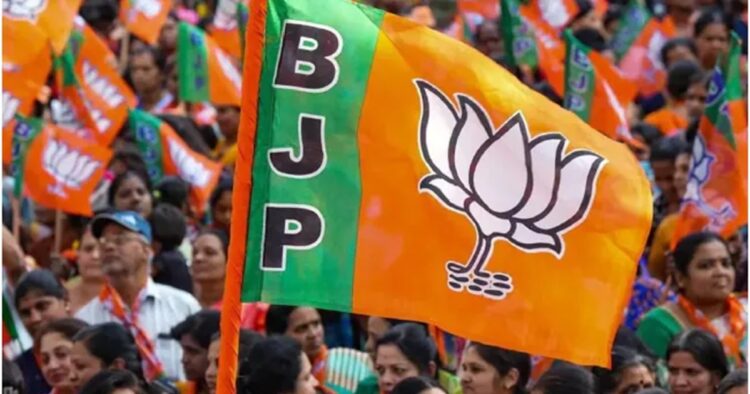In a strategic move ahead of the upcoming assembly election in Haryana, Manohar Lal Khattar has been replaced by Nayab Singh Saini as the chief minister of the state. This decision adds Khattar to the growing list of Bharatiya Janata Party (BJP) chief ministers who have been replaced before completing their tenure, as the party aims to rejuvenate its leadership and tackle anti-incumbency sentiments.
Since 2021, the BJP has been experimenting with changing incumbent chief ministers with fresh faces in order to combat the negative perception often associated with long-standing leadership. This approach aligns with the party’s strategy of promoting a generational shift, providing opportunities to newer and often younger leaders.
Khattar, a 69-year-old Rashtriya Swayamsevak Sangh (RSS) functionary and a close associate of Prime Minister Narendra Modi, assumed office as Haryana’s chief minister in 2014. Despite weathering various controversies and challenges during his tenure, including protests over Jat community reservations in 2016 and violence following the conviction of Baba Ram Rahim, Khattar’s position became untenable due to the breakdown in the BJP’s alliance with the Jananayak Janhit Party (JJP) just ahead of the Lok Sabha polls and the impending state assembly elections later this year.
Speculation surrounds Khattar’s future political endeavors, with some suggesting he may contest the upcoming Lok Sabha elections from Hisar constituency in Haryana. His departure from the top post reflects the BJP’s strategy of presenting a fresh face to the electorate, aimed at revitalizing the party’s image and prospects in the forthcoming polls.
The trend of leadership changes ahead of elections is not unique to Haryana. In states like Uttarakhand, Gujarat, Karnataka, and Tripura, the BJP has undertaken similar moves to address concerns of anti-incumbency and administrative deficiencies.
In Uttarakhand, two chief ministers were replaced within months to appoint a younger leader, Pushkar Singh Dhami. Gujarat witnessed the replacement of Vijay Rupani with Bhupendra Patel in September 2021, citing Rupani’s handling of the Covid pandemic as a reason for the change.
Similarly, Biplab Deb was replaced as the chief minister of Tripura in May 2022, ahead of the 2023 assembly polls, and in Karnataka, BS Bommai was appointed as the chief minister in July 2021, despite opposition from state party leaders. However, the leadership change in Karnataka did not yield the desired results, as the party faced defeat in the 2023 polls.
These strategic maneuvers by the BJP underscore the party’s commitment to adaptability and renewal in its leadership ranks, as it navigates the complex landscape of Indian state politics.

















Comments